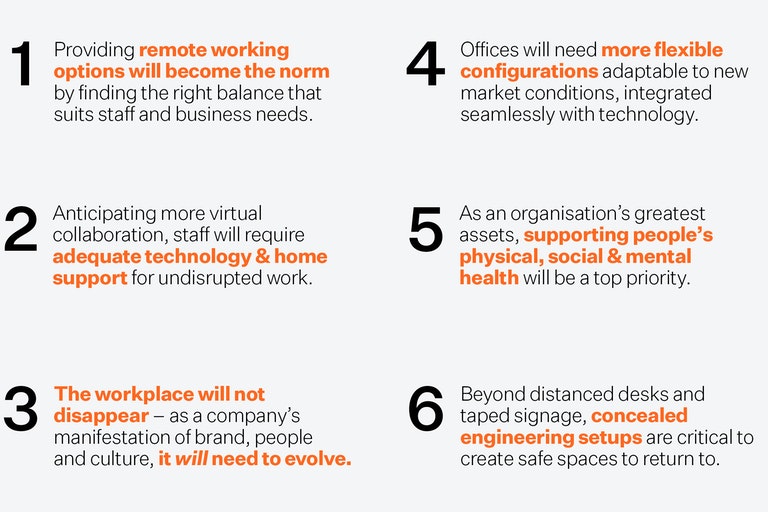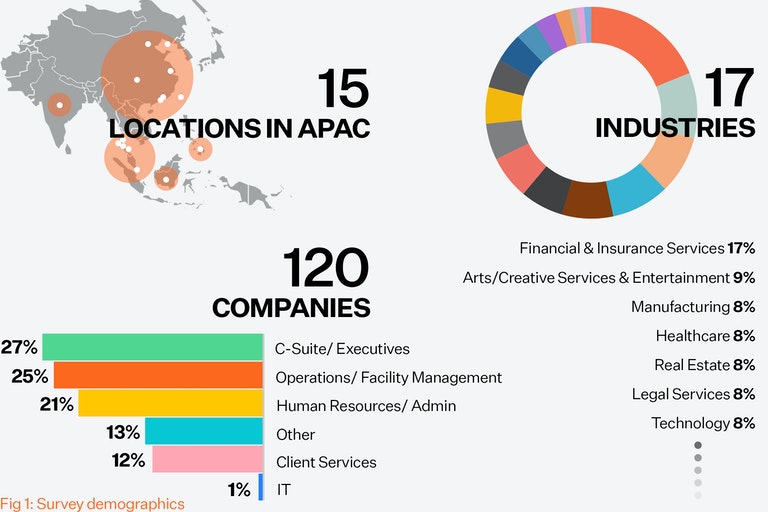|
|
Industry Pulse about Financial Performance, Architecture and Education
Introduction BritCham Guangdong connects and promotes businesses in the Greater Bay Area and bridges British business with Chinese enterprises. Every month BritCham Guangdong brings you news from our members which you may want to know about - Pulse offers you up-to-date industry insight through a 20-min read. BritCham Industry Pulse aims at joining the dots between our members and their market sectors.
KPMG 2020 CEO Outlook COVID-19 Special Edition The KPMG 2020 CEO Outlook COVID-19 Special Edition offers a unique lens on evolving attitudes as the pandemic has unfolded. KPMG initially surveyed 1,300 CEOs in January and February, before many markets were beginning to feel the full impact of lockdowns. Then, in July and early August, we conducted a follow-up survey of 315 CEOs to understand how thinking has evolved. Key developments include:
Overall, three key themes emerged from this year’s survey, which we characterize as Purpose, Prosperity and Priorities. For more details about KPMG 2020 CEO Outlook COVID-19 Special Edition, please click here.
大湾区教育行业现状洞察及未来发展思路 大湾区总人口超过7,000万人,经济总量超过10万亿元,是我国开放程度最高、经济活力最强的区域之一。 《粤港澳大湾区发展规划纲要》指出,“积极拓展大湾区在教育、文化、旅游、社会保障等领域的合作,共同打造公共服务优质、宜居宜业宜游的优质生活圈。”其中,推动教育发展是该优质生活圈的关键一环,“打造教育和人才高地”成为备受社会关注的话题。 随着大湾区经济的发展,人才市场对专业人才需求逐步的增加,人们对教育意识的提高,教育企业在大湾区也受到热烈追捧。教育企业如何在政策风向中抓住发展机遇成为了教育企业经营过程中所需面对的重要问题。 大湾区建设是千秋工业,教育又是百年大计。新时代大湾区发展需要确立“湾区意识”,着眼于长远全局,突显教育在湾区建设中的特殊功能。 欲了解更多关于大湾区教育行业现状洞察及未来发展思路,请点击此处。
Moving forward in Asia Pacific: 'future of work' survey Addressing remote working challenges and opportunities, we surveyed 120 client organisations across 17 industries, collecting key insights on the major trends that will shape future office environments, and transform how people work. Key highlights
While restrictions are loosening in many parts of Asia, with some companies having already re-entered the workplace either partially or entirely, an increasing number of organisations are left wondering what their future holds. Does remote working still make business sense moving forward? How can we, as individuals, remain on top of our health and productivity during such trying times? In what ways can companies support mental well-being while continuing to grow in the face of new challenges? These are some of the questions we looked to address in our ‘Remote Working’ survey, which evaluates experiences from 120 clients in 15 major hubs across Asia Pacific. In this report, we uncover key trends and insights on companies’ remote vs. in-office policies, and the solutions organisations can adopt to create futureproofed, human-centric work environments for all.
For more details about Moving forward in Asia Pacific: 'future of work' survey, please click here.
Impact of COVID-19 on education technology in international schools Technology has played a crucial role in supporting the continuation of student learning in schools during COVID-19. Understanding the use of technology during campus closures and its impact on international schools is the focus of a new report from ISC Research, the leading provider of international school market data and intelligence. Research was conducted with 82 international schools from around the world during June, at a time when many schools had been delivering online or distance learning for several weeks. The results show that almost all schools in the survey (99%) had a learning platform in place and were able to support children with their continued learning. However, many challenges and opportunities were faced during this time which are now influencing decisions on teaching and learning into the future. For the international schools that were surveyed, their main challenge was lack of teacher skills; both in adapting to teaching remotely, and in technology use. Internet limitations were also a problem for 37% of international schools. A wide range of edtech platforms and resources were put to the test as schools progressed through the period of distance learning. 90% of the schools surveyed said their teachers considered synchronous communication platforms, such as Skype, Zoom and Google Meet, extremely valuable for delivering distance learning to children. Most international schools used a combination of platforms to ensure learning was accessible to every child. These tended to vary depending on the age of students. The popularity of the main brands are identified in the report. In addition to relying heavily on technology, 51% of the schools said that posting learning instructions to some of their students was also considered extremely valuable. In the research, international schools were asked to select the resources their teachers found most valuable for guiding children through their distance learning. Live online lessons proved to be most popular, followed by instructions that were videoed by teachers. 98% of the international schools surveyed used live online lessons at some point during campus closures. For more details about Impact of COVID-19 on education technology in international schools, please click
Want to contact BritCham members who contributed to the above reports? Want to contribute your report to BritCham Newsletter? Please contact events@britchamgd.com |









